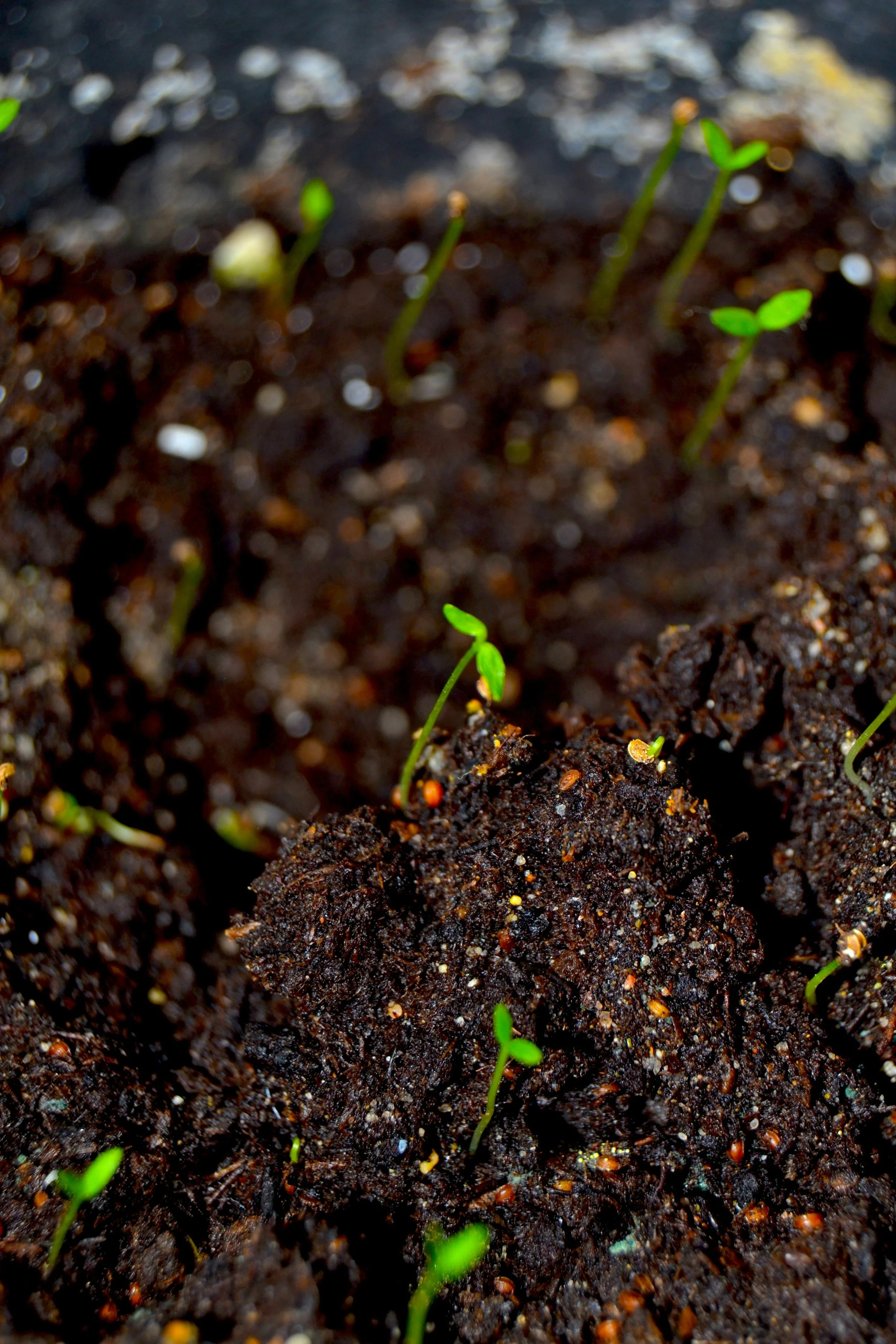AllEcoSys
Agroecology living labs fostering prosperous and sustainable agri-food systems
Duration: 01/05/2025 - 30/04/2028
Summary
The AllEcoSys project aims to promote sustainable and resilient agricultural systems by implementing a network of living labs across Europe, that will facilitate the adoption of agroecological practices that enhance soil health, increase biodiversity, and foster natural pest and disease control. Through these practices, AllEcoSys seeks to create prosperous agro-businesses that contribute to sustainable food production and environmental conservation. The co-creation process, and combining traditional and indigenous knowledge with scientific insights, highlighting the role of producers' expertise and their close collaboration with the research infrastructure is at the core of AllEcoSys project.
The project's specific objectives are to increase soil health and carbon storage, promote crop diversification for resilience against environmental stresses, enhance functional biodiversity for natural regulation, reduce energy, water, and nutrient losses, and strengthen key ecological processes through biological interactions. Additionally, AllEcoSys will assess the socioeconomic impact of agroecology-led farming methods, focusing on drivers, trade-offs, and barriers to implementing new practices. AllEcoSys is organized into six work packages, each addressing different aspects of agroecology and its implementation:
WP1 focuses on project management, ensuring effective coordination, internal communication, and decision-making throughout the project's duration.
WP2 focuses on co-creation and stakeholder engagement, establishing effective communication and data ownership while fostering a network of living labs.
WP3 examines the impact of agroecological practices on soil quality and microbiomes, revealing their influence on plant health, resilience, and yield. Samples will be shared and analyzed across sites.
WP4 explores crop diversification and biocontrol practices to enhance plant robustness and yield, with innovative strategies to improve crop resilience.
WP5 addresses socioeconomic evaluation and scale-up, analyzing the impact of agroecology-led farming methods on various social and economic factors, including gender dimensions.
WP6 is responsible for communication, dissemination, and outreach, aiming to foster effective agroecology-related communication and increase public awareness about agroecology practices.
The network of 5 new living labs, having multistakeholder engagement in 6 countries, each with unique focus areas, from IPM and organic practices to conservation and mulching techniques, offer opportunities for field trials, experimentation, and stakeholder collaboration to test and refine agroecological practices.
The expected outcomes of AllEcoSys include agroecological innovations based on co-creation, increased knowledge and capacity among farmers, improved socio-economic and environmental potential of agroecological practices, and methods to implement a co-creation process in a living lab approach. Additionally, the project aims to contribute to broader goals, such as addressing climate change, preserving biodiversity, and supporting the European Green Deal's targets.
By promoting agroecological practices, AllEcoSys aims to create a more sustainable agricultural landscape, ensuring food security while addressing environmental and societal challenges. The project will bring together a diverse consortium of stakeholders, researchers, and farmers to drive the transition towards a more sustainable future for agriculture.
Source: Roxana Ciceoi
Coordinator
Lene Sigsgaard
Norwegian University of Life Sciences (NMBU), Faculty of Biosciences, NORWAY
Email: lene.sigsgaard@nmbu.no
Source: Lene Sigsgaard
Partners
Roxana Ciceoi - University of Agronomic Sciences and Veterinary Medicine of Bucharest (USAMV), ROMANIA
Daniel Pleissner - Institute for Food and Environmental Research (ILU), GERMANY
Stine Kramer Jacobsen - University of Copenhagen (UCPH), DENMARK
Junbin Zhao - Norwegian Institute of Bioeconomy Research (NIBIO), NORWAY
Achim Schmalenberger - University of Limerick (UL), IRELAND (project website)
Essaid Ait Barka - University of Reims Champagne-Ardenne (URCA), FRANCE
Ole Green - Benfarm, DENMARK
Thibault Deville - Cueillette de Muizon (CdM), FRANCE
Véronique Fleury - Rosée des champs (RdC), FRANCE
Source photos banner:
Soil: Photo by Mohammad Zeeshan on Unsplash
Greenhouse: Photo by Kaitlan Balsam on Unsplash





